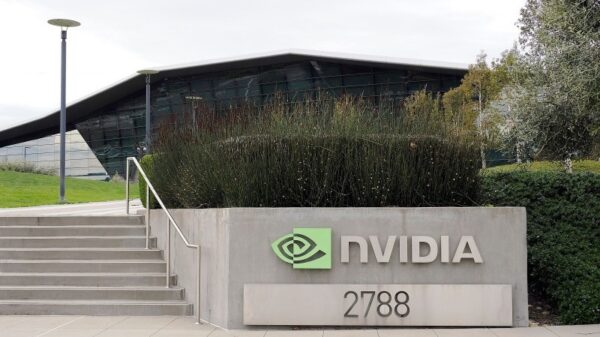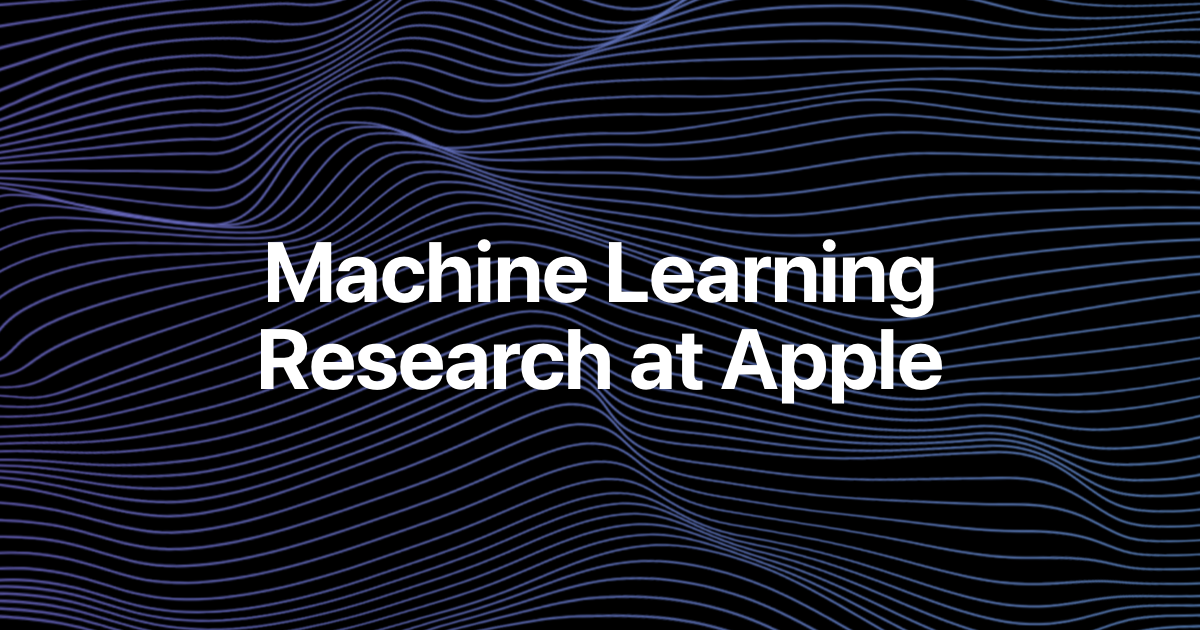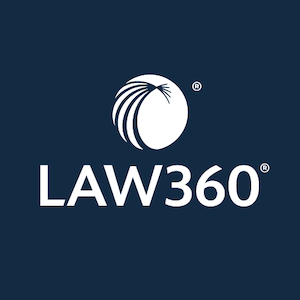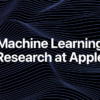Apple’s commitment to advancing artificial intelligence (AI) and machine learning (ML) is underscored by its participation in key research events and the publication of foundational studies. As part of this initiative, Apple will showcase a series of innovative papers at the 39th annual Conference on Neural Information Processing Systems (NeurIPS), taking place in December 2025 in San Diego, California, complemented by a satellite event in Mexico City, Mexico. Apple is not only a participant but also a sponsor of this pivotal conference that fosters community engagement and accelerates research progress.
Advancements in Privacy-Preserving Machine Learning
Privacy remains a core tenet in Apple’s AI research. The company recognizes the critical importance of developing privacy-preserving techniques in ML. At NeurIPS, Apple researchers will present several papers that contribute to this area. One notable work, titled Instance-Optimality for Private KL Distribution Estimation, delves into accurately estimating discrete distributions while safeguarding users’ privacy. This research emphasizes instance-optimality, developing algorithms tailored to specific datasets that approach the performance of the best possible methods. The findings reveal new algorithms that balance accuracy under the Kullback-Leibler (KL) divergence error with privacy guarantees, demonstrating that individual data cannot be inferred from the distribution estimates.
Another contribution, Privacy Amplification by Random Allocation, introduces a novel sampling strategy where user data undergoes random selection through k steps from a sequence of t steps. This paper offers the first theoretical guarantees and numerical estimation algorithms for this method, enhancing privacy analyses and improving the privacy-utility tradeoff for various algorithms, including differentially private stochastic gradient descent (SGD) and secure aggregation techniques such as those elaborated in the paper PREAMBLE: Private and Efficient Aggregation via Block Sparse Vectors.
Exploring the Landscape of Reasoning Models
The capability of reasoning within AI systems is paramount for executing complex tasks that require multi-step planning, such as problem-solving in mathematics and code generation. In this context, Apple researchers will present The Illusion of Thinking: Understanding the Strengths and Limitations of Reasoning Models via the Lens of Problem Complexity. This paper investigates how current AI models perform in complex reasoning scenarios using controlled puzzle environments. The experiments reveal that the performance of frontier Large Reasoning Models (LRMs) deteriorates as problem complexity escalates. An intriguing finding is that while LRMs initially exhibit increased reasoning effort with complexity, this effort declines beyond a certain threshold, raising critical questions about their current capabilities and future improvements. The comparison between LRMs and Large Language Models (LLMs) illustrates that LLMs excel in low-complexity tasks, whereas LRMs reveal advantages in mid-complexity scenarios but both struggle under high complexity. Additionally, an Expo Talk by one of the authors will provide further insights into the challenges and implications of reasoning evaluations on December 2.
Innovative Approaches to Generative AI
Recent advancements in high-resolution image generation have led to the rise of various models, each with unique challenges. Diffusion models, for instance, are known for their computational intensity, while autoregressive models face efficiency issues during inference. At NeurIPS, Apple researchers will introduce STARFlow: Scaling Latent Normalizing Flows for High-resolution Image Synthesis. This method leverages the Transformer Autoregressive Flow (TARFlow) architecture, which merges normalizing flows and autoregressive techniques to generate high-quality images at unprecedented resolutions without incurring the computational burdens typical of existing methods. STARFlow not only maintains exact likelihood modeling but also facilitates faster inference, marking a significant step forward in normalizing flows.
In parallel, Apple will present LinEAS: End-to-end Learning of Activation Steering with a Distributional Loss, a sophisticated method that focuses on controlling generative outputs through targeted intervention on model activations. By correcting distributional differences between activations from diverse prompt sets, LinEAS optimizes model performance with minimal data requirements. This method demonstrates superior effectiveness in mitigating toxicity in language models and maintaining fluency, showcasing a modality-agnostic approach that can enhance control over generative outputs in both text and image tasks.
For those attending NeurIPS, Apple will provide live demonstrations of these research advancements at booth #1103. Attendees can explore an open-source array framework called MLX, optimized for Apple silicon, that enables efficient ML and scientific computing. Demonstrations will include a large diffusion model for image generation on an iPad Pro with the M5 chip and distributed computing capabilities with a trillion-parameter model on a cluster of Mac Studios equipped with M3 Ultra chips. Additionally, the FastVLM model family, designed for mobile applications and high-resolution image processing, will offer real-time visual question-and-answer interactions on the iPhone 17 Pro Max.
Apple’s participation in NeurIPS extends beyond technical presentations; the company is dedicated to fostering inclusivity within the ML community. It will sponsor several affinity groups, including Women in Machine Learning (WiML), LatinX in AI, and Queer in AI, emphasizing its commitment to supporting underrepresented groups in the field.
Through its contributions to NeurIPS 2025, Apple demonstrates its ongoing dedication to pushing the boundaries of AI and ML research, providing valuable insights and fostering collaboration within the global research community.
 Google DeepMind Launches New AI Research Lab in Singapore to Enhance Local Impact
Google DeepMind Launches New AI Research Lab in Singapore to Enhance Local Impact NIU Innovation Showcase Reveals Advances in AI, Bioplastics, and Nanomanufacturing
NIU Innovation Showcase Reveals Advances in AI, Bioplastics, and Nanomanufacturing Conformal Deep Learning Model Predicts Core Body Temperature Non-Invasively in Extreme Environments
Conformal Deep Learning Model Predicts Core Body Temperature Non-Invasively in Extreme Environments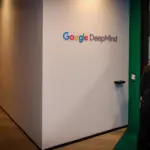 Google DeepMind Launches AI Lab in Singapore to Enhance Regional Language Understanding
Google DeepMind Launches AI Lab in Singapore to Enhance Regional Language Understanding Google Reveals Nested Learning to Combat Catastrophic Forgetting in LLMs
Google Reveals Nested Learning to Combat Catastrophic Forgetting in LLMs




